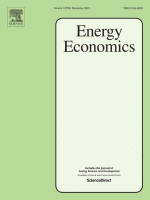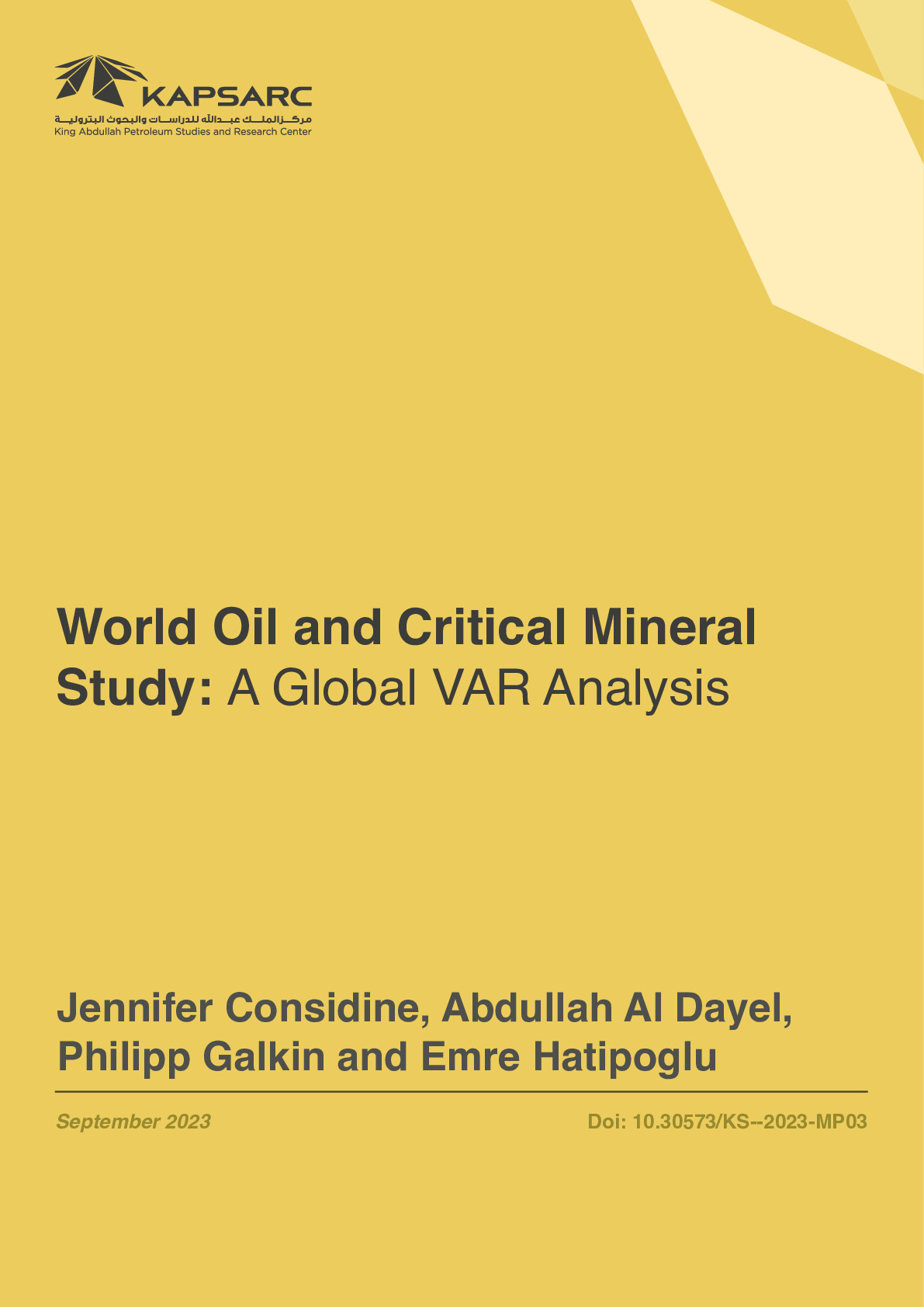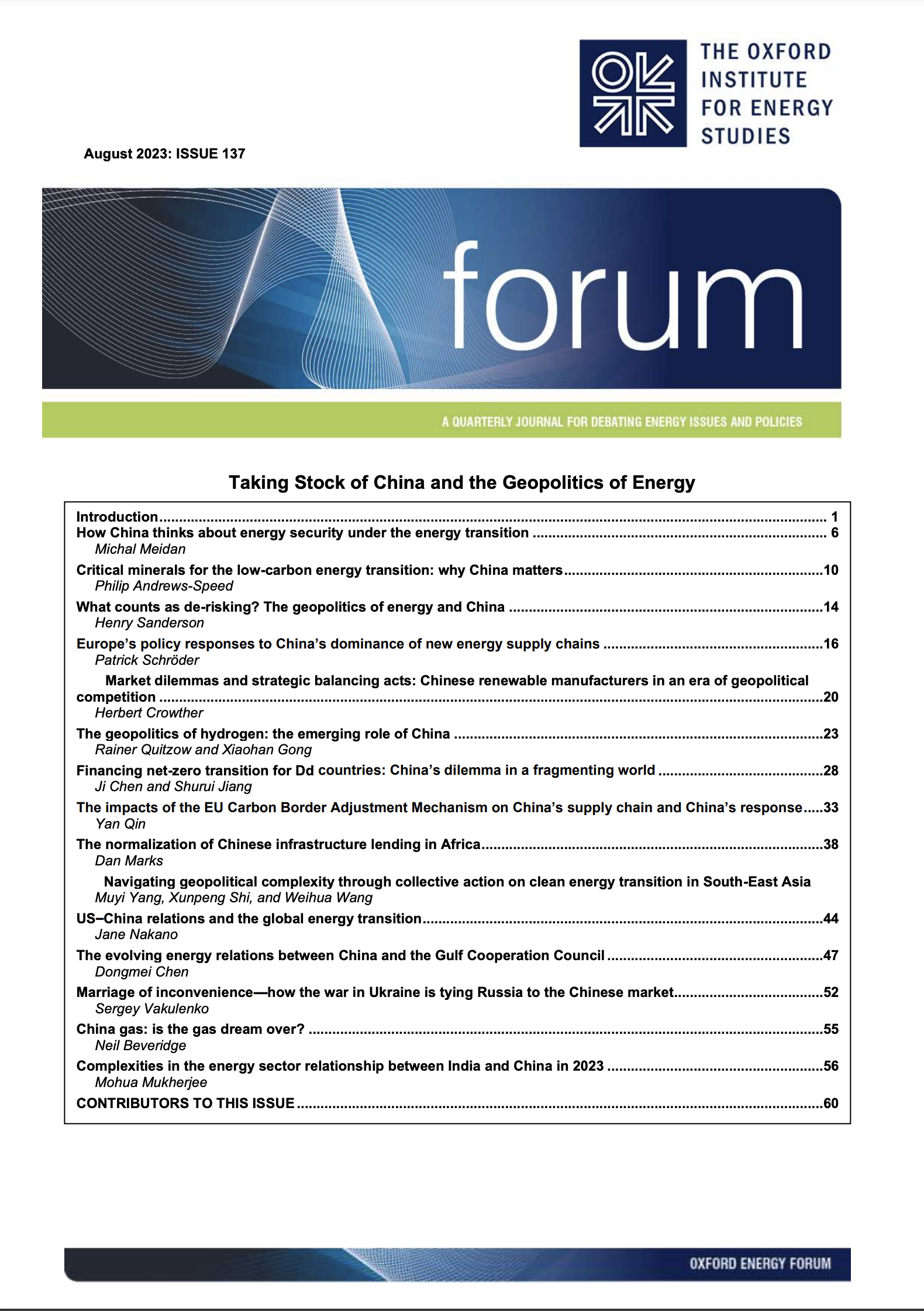The Chinese government launched the Belt and Road Initiative (BRI) in 2013 as a vision to promote growth and cooperation among the economies of Asia and Europe. Over the five years since its inception, the BRI has expanded in both geographic and strategic scope. As of early 2019, 141 countries and 29 international organizations have joined the initiative, which has broadened from targeting infrastructure connectivity and logistics to wider goals of unimpeded trade, financial integration, policy coordination and people-to-people bonds. Thousands of BRI projects have already been approved, with a total investment potential of $1.2-1.3 trillion by 2027 (IDSA 2019, Morgan Stanley 2018).

Visiting Researcher Philipp is a visiting researcher at KAPSARC, working on the economic and policy aspects of energy supply and trade. Philipp’s… Philipp is a visiting researcher at KAPSARC, working on the economic and policy aspects of energy supply and trade. Philipp’s work at KAPSARC includes evaluating the effect of preferential trade agreements on energy flows, analysis of OPEC energy policy and deriving insights related to China’s energy policy and its impact on global markets through modeling energy supply sectors.
Expertise
- International economic relations
- Regional and country studies and policy analysis
Publications See all Philipp Galkin’s publications

The Effects of a Shock to Critical Minerals Prices on the World Oil Price and Inflation
The Chinese government launched the Belt and Road Initiative (BRI) in 2013 as a vision…
1st November 2023
World Oil and Critical Mineral Study: A Global VAR Analysis
The Chinese government launched the Belt and Road Initiative (BRI) in 2013 as a vision…
26th September 2023




